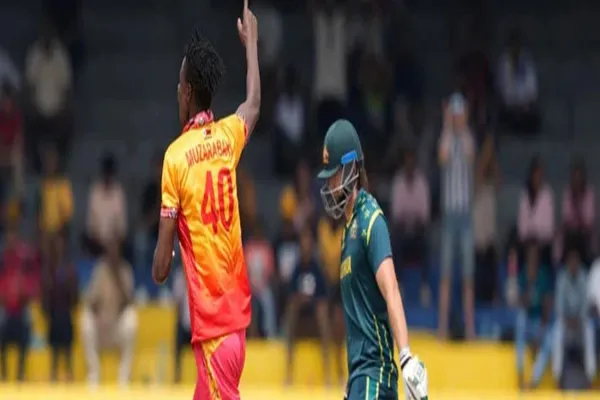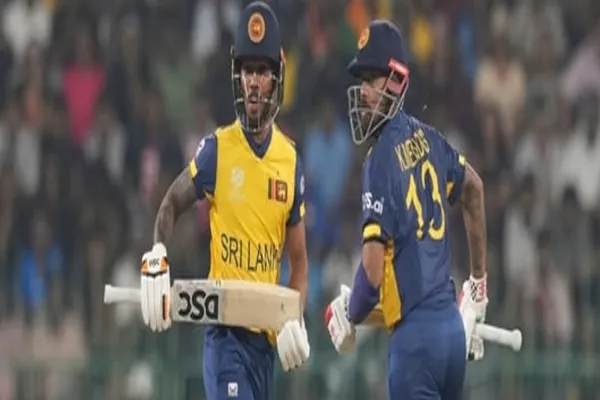i NEWS SPORTS
We could have done without the intrigue, and after it has happened, we can do without the absurd soft-pedalling around the words. Rohit Sharma hasn't rested himself, just as Shubman Gill wasn't rested for the previous Test. He has stood himself down, and call it courageous, selfless or plain pragmatic, it certainly counts as extraordinary. In the series of mis-steps for India in Australia - confounding selections, batting-order shuffles, ill-chosen strokes at vital moments - Rohit dropping himself, if you strip it of emotion, is among the most clear-headed decisions during this tour.
Cricket accords massive allowances to the captain, but it was clear that Rohit didn't make it to India's best possible XI, and a struggling batting line-up couldn't afford carry a non-performing captain in a must-win game. Irrespective of what happens in this Test, and whether Gill goes on to make a contribution of significance or not, this will remain the right decision for India. What makes it extraordinary, though, is that such things just don't happen in cricket. MS Dhoni gave up captaincy and Test cricket altogether during the course of a series on these very shores, and Kim Hughes and Nasser Hussain both resigned mid-series.
But for an instance of a captain dropping himself for a Test - there is every indication Rohit did this of his own volition - we need go back to England's tour of Australia in 1974-75, when Mike Denness left himself out after a wretched run with the bat (65 runs in six innings) and with England 2-0 down. Elite athletes are hard-wired to believe in themselves. They become successful because they don't give up, because they believe they can overcome failure and can battle through tough times.
Hard-nosed obstinacy, mongrel spirit, and the ability to shut out noise are among the things that separates them from all those who can play a pretty stroke or bowl a ripping outswinger or legbreak. In a fickle art like batting in which one moment, or every moment, can be a turning point, how can you blame batters, particularly those who have travelled the course, from believing that a run of scores is just an innings away? How can they, left to their own devices, give up without another tilt? In the normal course of events, the decision is out of their hands.
It's those who pick the team - selectors before and after a series, and captain and the coach during series - that make the call. It might vary from team to team and people to people, but the accepted protocol is that the captain has the last word on the ten that walk alongside him to battle. We don't know what Rohit's been thinking. There have been leaks suggesting disquiet in the dressing room. It would have been unusual if words hadn't been spoken after the last-day implosion that cost India the Test in Melbourne.
It was his absence due to paternity leave at the beginning of the series that necessitated the batting-order reshuffle in the first place, and forcing Gill out to accommodate a batting allrounder - the runs from Nitish Kumar Reddy and Washington Sundar shouldn't obscure the fact that together they bowled fewer overs than Jasprit Bumrah's 28.4 in the first innings alone - might have weighed heavy on him too. If anything, the last couple of months in Rohit's career underlines the fickleness of sport. It's now almost forgotten that 2024 was among Rohit's greatest in India colours.
Coming on the back of him leading India to the 2023 ODI World Cup final, where his scorching starts not only gave India the momentum for big scores but set out a marker for the brand of cricket for his team, he started the year with a come-from-behind series win against England, to which he contributed two match-defining hundreds, and went on the win India's first ICC world title since 2011 at the T20 World Cup in the USA and the West Indies, where his runs in difficult conditions were vital. He began the home season in September with Test wins against Bangladesh, one of which was manufactured with breathtaking audacity, led by Rohit himself.
Credit: Independent News Pakistan (INP)









